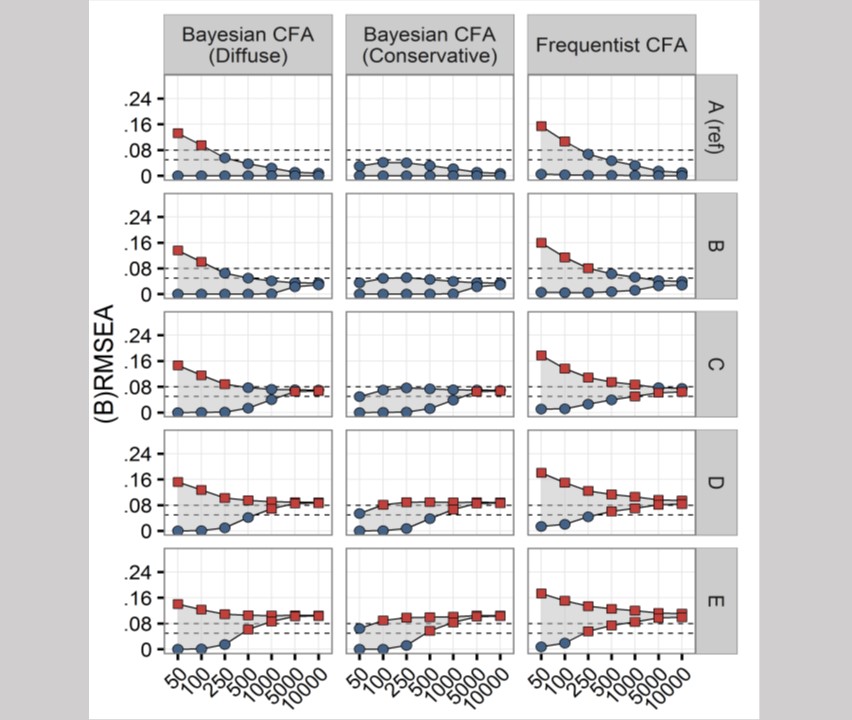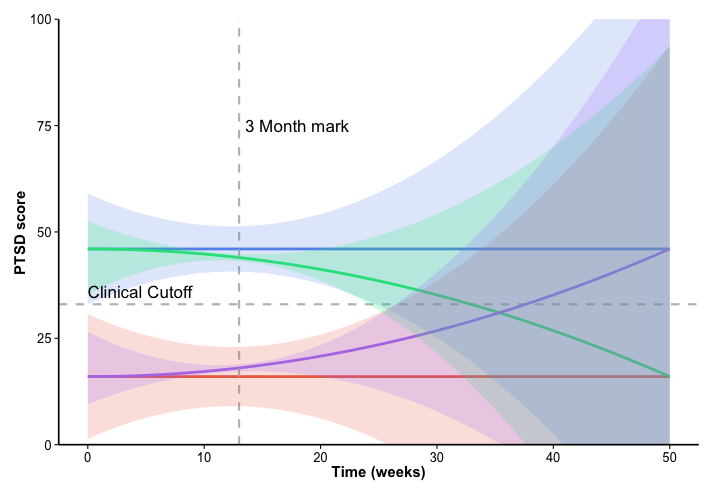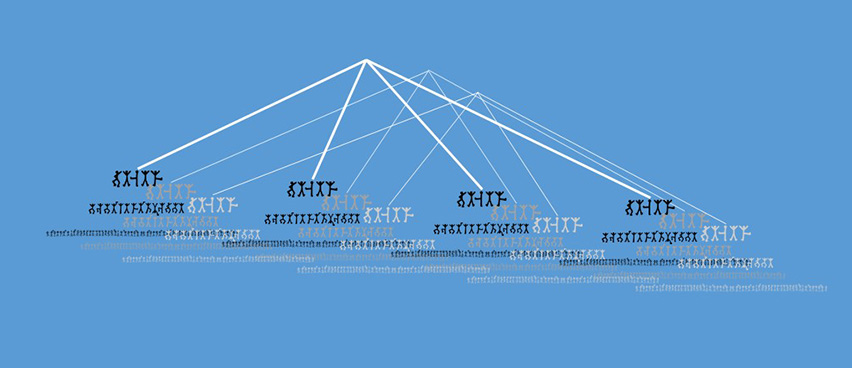An Introduction to Bayesian Statistics in Health Psychology
Bayesian methods are increasing in prevalence in applied fields, and they have been shown in simulation research to improve the estimation accuracy of structural equation models, latent growth curve models, and hierarchical linear models.
Kick-off for the project “The myth of null-hypothesis significance testing”
Today we have our first consortium meeting for the project “The myth of null-hypothesis significance testing in scientific research”, subsidized by ZonMW within the call about promoting responsible research practices (see below for more information about the project). The project group consists of Michiel de…
Special Issue Bayesian Statistics
Psychological Methods published a Special Issue on Bayesian Data Analysis with two of my papers 🙂
A Systematic Review of Bayesian Papers in Psychology: The Last 25 Years
Although the statistical tools most often used by researchers in the field of psychology over the last 25 years are based on frequentist statistics, it is often claimed that the alternative Bayesian approach to statistics is gaining in popularity.
The GRoLTS-Checklist: Guidelines for Reporting on Latent Trajectory Studies
Estimating models within the mixture model framework, like latent growth mixture modeling (LGMM) or latent class growth analysis (LCGA), involves making various decisions throughout the estimation process. This has led to a wide variety in how results of latent trajectory analysis are reported.
Simulation Study Introducing the BRMSEA
Evaluating model fit in Bayesian confirmatory factor analysis with large samples: Simulation study introducing the BRMSEA
Parents’ posttraumatic stress after burns in their school-aged child: A prospective study
Objective: This prospective study examined the course and potential predictors of parents’ posttraumatic stress symptoms (PTSS) after burn injury in their child (Age 8 to 18 years). Method: One hundred eleven mothers and 91 fathers, representing 118 children, participated in the study.
Computing complexity for the Bayes Factor in inequality constrained hypotheses
The computation of complexity for the Bayes Factor is described in this tutorial.
Longitudinal Modeling
Typical for developmental psychology are models that capture change over time, such as latent growth (mixture) models and to a lesser extent cross-lagged panel models too. Such models have typically been applied aiming to capture change over time in individuals.
Multilevel
Individuals can be conceptualized as a hierarchical system of individuals nested within groups. Such systems can be observed at different ‘levels’, and variables explaining differences between individuals and/or groups may be defined at each level. This leads to research generally referred to as ‘multilevel research’.
My First Bayes
Since the beginning of the 21st century, Bayesian statistical methods are slowly creeping into all fields of science and are becoming ever more popular in applied research.
A coach in your pocket: on chronic cancer-related fatigue and physical behavior
In this dissertation, we focused on two alternative approaches to evaluate the hypothesis of interest more directly, i.e. informative hypothesis testing and model selection using order-restricted information criteria.













